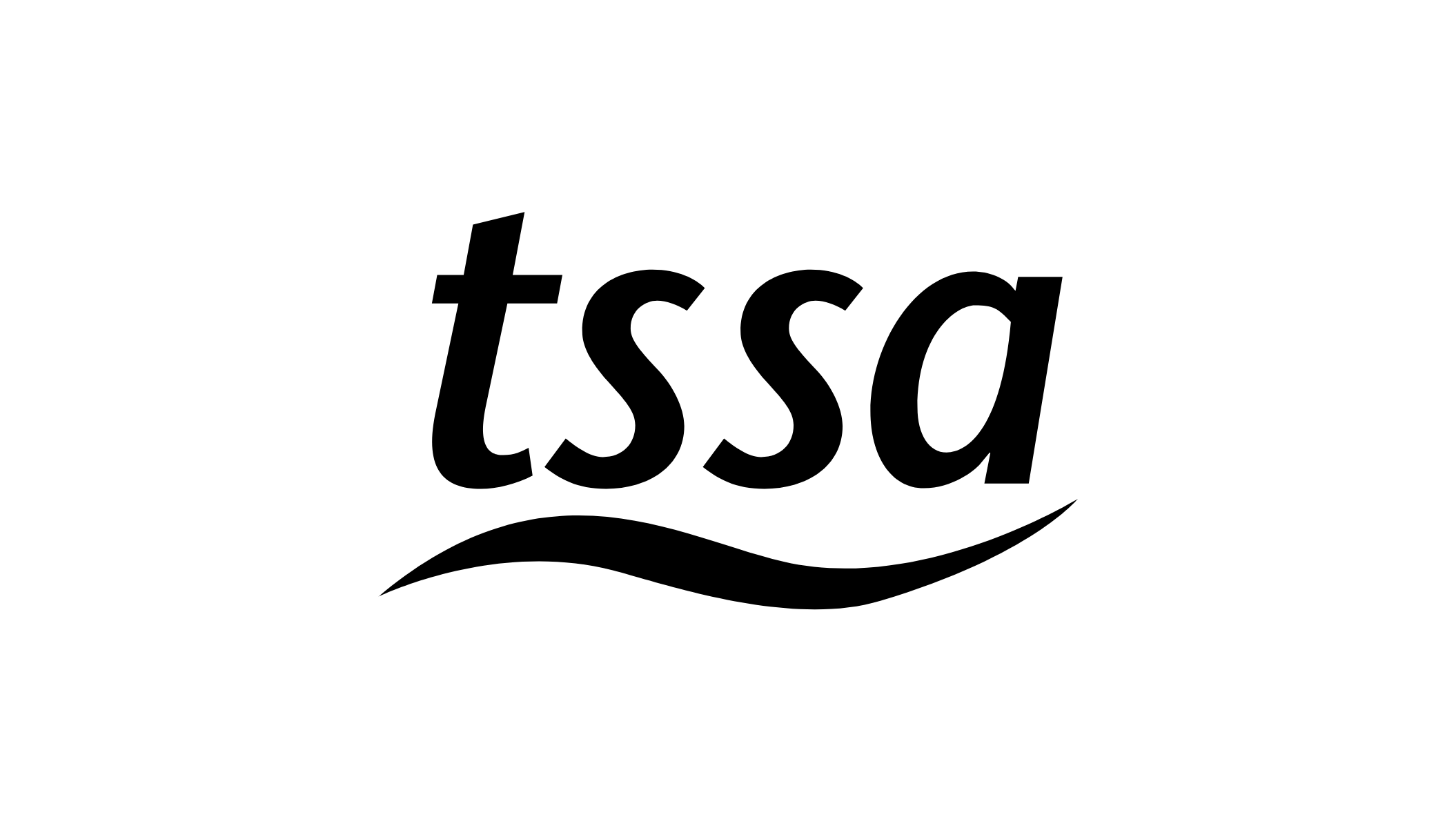NEWS.CATEGORY: Industrial
TSSA remembers Hatfield rail crash 25 years on

Rail and transport union TSSA is remembering the victims of the Hatfield rail crash a quarter of a century after the disaster in which an express train derailed as it was travelling at over 100mph along the East Coast Main Line.
Four people were killed and 70 injured on the 17th of October 2000 when a London Kings Cross to Leeds service passed over a defective section of rail which then fractured. In all there were 170 passengers and 12 staff onboard.
Commenting ahead of the anniversary, TSSA General Secretary, Maryam Eslamdoust said: “Safety on our railways will always be the number one priority of this union and we will never forget the victims of the Hatfield disaster.
“We send our condolences to the relatives and friends of those who died or were injured – we know so many lives were shattered by what happened that tragic day.
“Hatfield stands as a constant reminder of the failures of privatisation – it proved that you can never leave the safety of passengers to the market in which companies put profit and the interests of shareholders above all other considerations.
“Thankfully today we have a Labour government bringing our precious rail network largely back into public hands. However, we take nothing for granted and remain vigilant on safety with our brilliant Network Rail members working hard to ensure rail is a safe, clean and green form of mass transport.”
Nicola Jukes, former TSSA Treasurer, was injured while working on the train during the Hatfield crash and has since been an ardent campaigner for stronger health and safety standards across our rail industry.
Reflecting on the anniversary, Nicola said: ‘I’ll never forget that day or the colleagues and passengers affected. It’s why I’ve dedicated myself to ensuring that lessons are never forgotten and that safety always comes before profit."
As a result of Hatfield Railtrack (the private infrastructure operator) and Balfour Beatty (the contractor responsible for track maintenance on that line) were found guilty of breaching health and safety laws. Railtrack was forced by the government into administration, and publicly owned Network Rail was established. One of its first acts was to take track maintenance away from private contractors and bring it in house.
Today Network Rail owns and maintains Britain’s rail infrastructure, including tracks, bridges, tunnels, viaducts, signalling, and many of the biggest stations. TSSA represents clerical, supervisory, technical and management grades employed by Network Rail.
